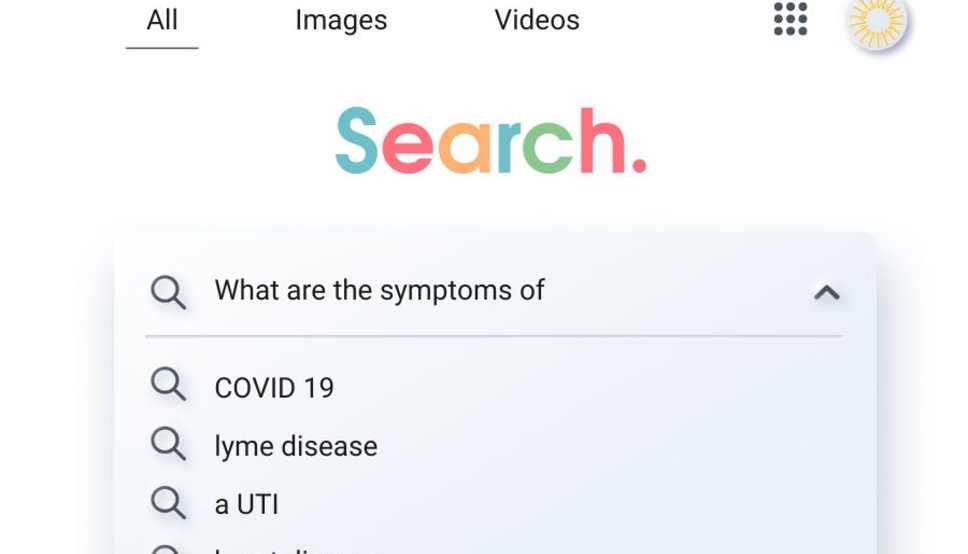Dr. Google and Online Symptom Checkers

Calling Dr. Google!
Looking up your symptoms online can be helpful when in search of a diagnosis, but it can also be dangerous. The internet is available just about anywhere and information is but a few clicks away; smartphones have further eased our constant connection.
A quick internet search (I see the irony) tells me that about 80 percent of adults have searched the web for health information, sometimes for better diet and exercising tips, but also for acute or chronic medical concerns that an individual may have. Middle-aged folks are more likely than any other age groups to initiate these searches but so are those who have trouble getting connected to specific health services, regardless of insurance coverage.
What disease do I have?
I can’t stop you from searching for medical information online, but maybe I can help guide you towards better quality information and more importantly, help you make better decisions with the information you have found. So, here are a few tips:
Symptom checkers
First and foremost, if you are going to look up health information make sure you do so on reputable and trusted sites and symptom checkers. Be wary that some blogs are created by patients who may be dissatisfied with healthcare in general for one reason or another, which may or may not be valid. Some may also put out information for attention. Be extremely wary of these types of sites and their challenges; their tips and tricks are hardly ever recommended by real healthcare professionals.
How accurate is Dr. Google?
It’s worth pointing out that not all medical professionals agree on the same things. We look at data and studies but these can change over time. What was once a firm recommendation may not even be accepted medical practice today. Information you find online can come from a variety of sources and may not be up to date with the most recent facts.
Read past the AI overview
It could be easy to just read the overview generated by a search engine's artificial intelligence program, but AI can be incredibly misleading. Most AI overviews will show the source of the information that was pulled—be sure to look at those pages and make sure they come from credible sources. AI has also been known to have "hallucinations" in which it makes up responses based on limited data.
What are the symptoms of…
Once you do find a good source of information and are concerned about a specific diagnosis, make sure to look at other alternatives. You don’t want to focus on one alone and make them fit your problem just because you think you may have found an answer. And don’t think that a worst-case scenario disease is the answer. There are probably other possible diagnoses that would fit your symptoms better and that are more common. Don’t let this build up your own anxiety and end up in an emergency room persuaded that you might have some occult tropical disease when you never left Rhode Island.
Talk to your doctor about your symptoms
So it’s okay to look things up, but reach out to your doctor. A doctor can (usually) make sense of your symptoms more effectively, and they understand the science. Their experience also makes them better at knowing the difference between various possible diagnoses.
If you have a specific suspicion, make your provider aware. Then they can guide you as to why it is an appropriate concern or not. It will also help calm your fears. Being more prepared for a doctor’s visit helps make better use of the time you have with your doctor.
Once an unexpected issue arises and you can’t see your doctor, then an urgent care may be helpful in making sure that there isn’t anything more concerning going on. Or an emergency department when things are truly out of hand.
Learn more about Brown University Health Urgent Care and how we can help you.

About the Author:
Olivier Gherardi, DO
Dr. Olivier M. Gherardi is the medical director of Brown University Health Urgent Care, which is part of Brown Health Medical Group, the largest multispecialty practice in Rhode Island.
Find a Doctor

The right provider is in our network
Search more than 1,200 providers in our network.



